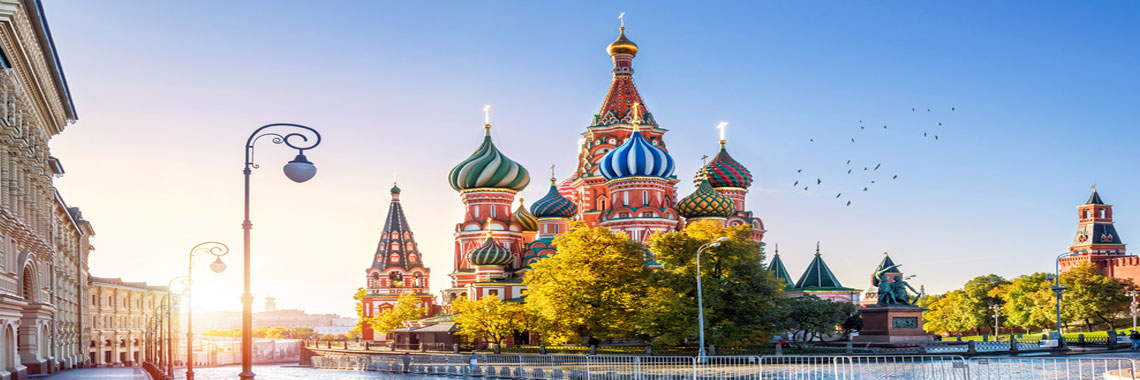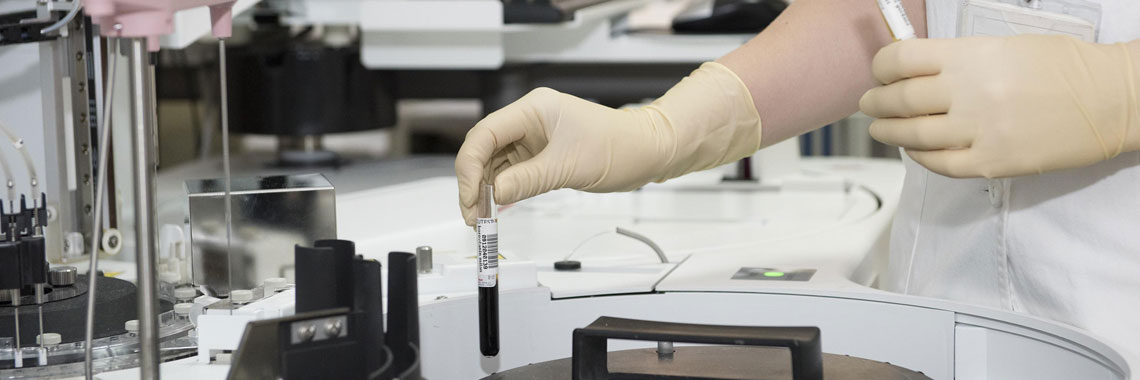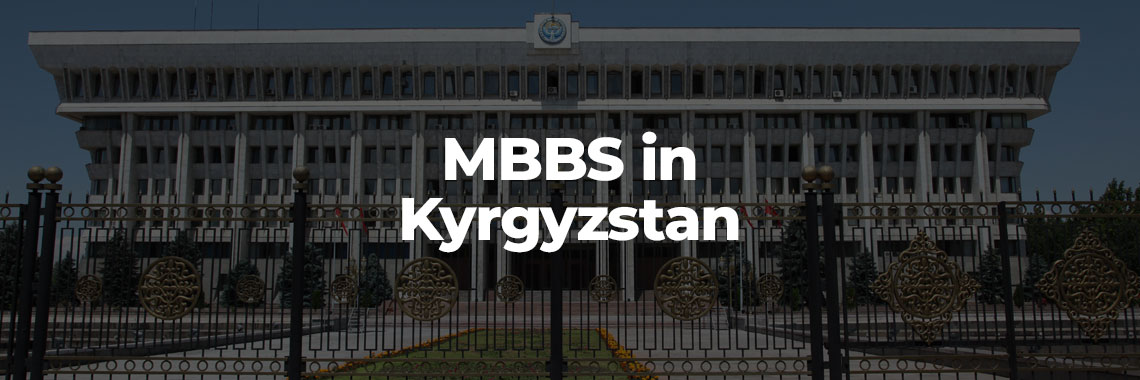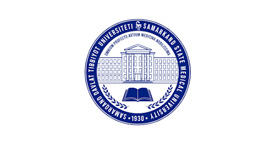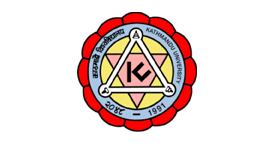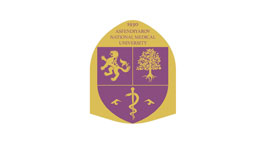Altai State Medical University (ASMU) is situated in Barnaul, the administrative center of Altai Krai, a region in Western Siberia, Russia, established in 1954, the university has a long-standing history of providing high-quality medical education and contributing to the healthcare sector in both Russia and internationally. Altai State Medical University in Russia is a distinguished institution known for its high-quality medical education programs. As one of the leading medical universities in the country, Altai Medical University offers a comprehensive curriculum that combines theoretical knowledge with practical training to ensure students are well-equipped for their future careers.
Location of Altai State Medical University Russia: Barnaul, the administrative center of Altai Krai, is strategically situated in southwestern Siberia, Russia. The city's unique location offers several geographic advantages, including its proximity to the southern foothills of the Altai Mountains, approximately 250 kilometers (155 miles) east of the Kazakhstan border, and about 3,500 kilometers (2,175 miles) east of Moscow. Additionally, Barnaul is located near other major cities in Siberia, such as Kemerovo, Novosibirsk, and Omsk, positioning it at the crossroads between Europe and Asia.

Recognition
ASMU is recognized by several esteemed organizations, ensuring the global validity of its medical degrees:
- National Medical Commission (NMC)
- World Health Organization (WHO)
- World Federation for Medical Education (WFME)
- Educational Commission for Foreign Medical Graduates (ECFMG)
- Foundation for Advancement of International Medical Education and Research (FAIMER)
- Medical Council of Canada (MCC)
- High-Quality Medical Education:
- Altai State Medical University (ASMU) offers a world-class medical education that meets international standards.
- The university's curriculum is designed to provide students with a strong foundation in medical sciences and clinical practice. - Clinical Practice:
- Altai State Medical University (ASMU) provides students with exceptional clinical exposure, fostering a comprehensive learning experience that prepares them for successful careers in medicine. The university's clinical training programs are designed to equip students with the necessary skills, knowledge, and competencies to excel in the field.
- Specialized Departments: Students receive exposure in specialized fields such as cardiology, neurology, pediatrics, obstetrics, gynecology, and emergency care.
- By providing students with exceptional clinical exposure, Altai State Medical University prepares graduates for successful careers in medicine, equipped with the knowledge, skills, and competencies required to excel in the field. - Experienced Faculty:
- ASMU has a team of experienced and qualified faculty members who are experts in their fields.
- The faculty-to-student ratio is low, ensuring that students receive personalized attention and guidance. - Modern Infrastructure:
- The university has a modern and well-equipped infrastructure that includes state-of-the-art laboratories, classrooms, and libraries.
- The university's campus is equipped with all the necessary facilities, including dormitories, canteens, and sports facilities. - Multicultural Environment:
- ASMU has a diverse student body from around the world, creating a multicultural and inclusive environment.
- Students can interact with peers from different countries and cultures, broadening their perspectives and understanding of global healthcare issues. - Support Services:
- ASMU provides support services to international students, including accommodation, language support, and cultural adaptation.
- The university's staff are friendly and approachable, ensuring that students feel welcome and supported throughout their studies.
- Barnaul City: Barnaul, the administrative center of Altai Krai, is a significant city in southwestern Siberia, Russia, with a population of over 600,000 people. It is one of the largest cities in the region and holds a rich history, cultural significance, and industrial prominence. Established in the 18th century, Barnaul played a crucial role in the region's development, particularly in trade, industry, and agriculture.
- Climate: Barnaul has a typical Siberian climate, featuring cold winters with snow and warm summers. The city experiences large temperature fluctuations, with winter temperatures often dropping well below freezing, while summers can be pleasantly warm. The transitional seasons of spring and autumn bring occasional rain and fluctuating temperatures, making it important for residents and visitors to prepare for diverse weather conditions.
- Transportation: Barnaul International Airport (BAX), located around 14 kilometers southeast of the city center, serves as the primary gateway for air travel. The city also has a well-developed public transportation system, including buses, trams, and taxis, providing efficient and affordable options for locals and tourists to move around.
- Tourism: Barnaul offers a mix of cultural, historical, and natural attractions. Highlights include the Altai State Museum, Barnaul Drama Theater, and Cathedral of the Holy Trinity. The city is a gateway to the Altai Mountains, a popular destination for hiking, mountaineering, and nature tourism, with landmarks such as Belukha Mountain and Teletskoye Lake. Barnaul also hosts cultural events like the Altai International Film Festival and the Altai Ethno Festival, celebrating local traditions. Visitors can enjoy outdoor activities like rafting, skiing, and trekking, while exploring local cuisine and shopping for unique Altai handicrafts. With its combination of urban charm and natural beauty, Barnaul is a distinctive travel destination.





